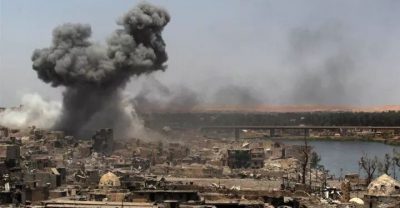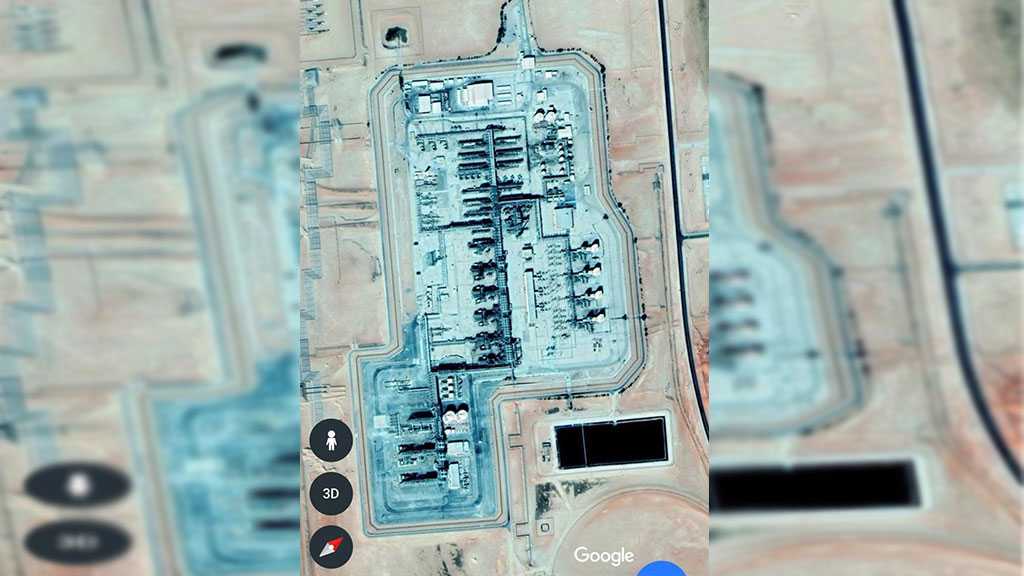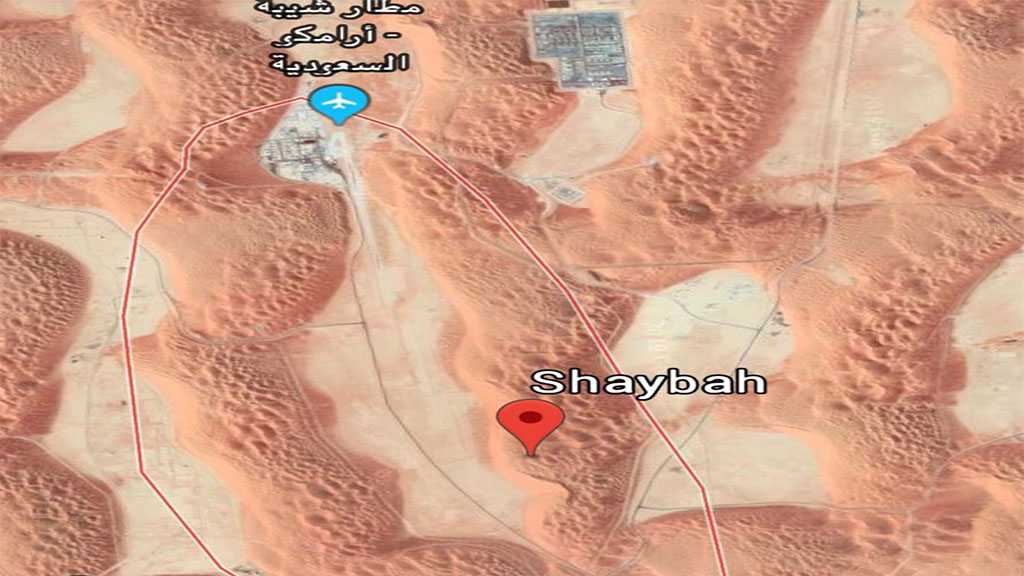 Supported by both hawkish wings of its war party, the US is waging hot wars, cold wars, economic wars, financial wars, trade wars, anti-social justice wars, anti-human rights wars, anti-democracy wars, propaganda wars, sanctions wars, tariffs wars, protest wars, homeland wars, and environmental wars on multiple fronts worldwide — ordinary people everywhere the losers.
Supported by both hawkish wings of its war party, the US is waging hot wars, cold wars, economic wars, financial wars, trade wars, anti-social justice wars, anti-human rights wars, anti-democracy wars, propaganda wars, sanctions wars, tariffs wars, protest wars, homeland wars, and environmental wars on multiple fronts worldwide — ordinary people everywhere the losers.
During decades of Cold War years, the US got along with Soviet Russia, even if uneasily at times. Nixon went to China. Relations today with both countries and many others are more dismal and dangerous than any previous time in the post-WW II period.
New wars could erupt without warning. The threat of possible nuclear war is ominously real by accident or design.
The land of opportunity I remember as a youth is now consumed by its hubris, arrogance, rage to colonize planet earth, control its resources and exploit it people.
New Deal, Fair Deal, Great Society years I grew up in were replaced by neoliberal harshness, endless wars on humanity at home and abroad, a growing wealth disparity exceeding the robber baron years, along with mass unemployment and underemployment, growing homelessness, hunger, and poverty, as well as a ruling class dismissive of the public welfare.
Current US leadership is militantly hawkish and anti-populist, led by a racist geopolitical/economic know-nothing/reality TV president.
Dark forces run things, headquartered on Wall Street and in corporate boardrooms, the rule of law replaced by police state governance, a free and open society by mass surveillance and growing totalitarianism.
Challenging authority disruptively with collective activism when vitally needed is absent.
The US reached peak power, prominence, influence, and leadership on the world stage following WW II, the only major nation left unscathed by its ravages.
Its preemptive war of aggression on nonbelligerent North Korea, a nation threatening no one, started its downward trajectory.
Today it’s a nation in decline while China, Russia and other countries are rising. It spends countless trillions of dollars for militarism and warmaking against invented enemies. No real ones exist.
Its preeminence as a military super-power was overtaken by Russia, China heading toward becoming the world’s leading economic power one day, multi-world polarity replacing unipolarity the US favors to dominate other nations.
Its rage for maintaining a global empire of bases as platforms for endless wars of aggression came at the expense of eroding social justice on the chopping block for elimination altogether.
The myth of American exceptionalism, the indispensable state, an illusory moral superiority, and military supremacy persist despite hard evidence debunking these notions.
Democracy in America is fiction, not fact, a system of governance its ruling class abhors, tolerating it nowhere, nations like Venezuela targeted to replace it with fascist rule.
The US is plagued by the same dynamic that doomed all other empires in history.
It’s an increasingly repressive/secretive/intrusive warrior state, spreading death, destruction and human misery worldwide.
It exploits ordinary people to serve privileged interests — a pariah state/declining power because of its unwillingness to change.
Its war machine never rests. Its criminal class is bipartisan. Its governance meets the definition of fascism — wrapped in the American flag.
It’s a corporate/political partnership over the rights and welfare of ordinary people, exploiting them for power and profits — at home and abroad.
It’s way too late for scattered reforms. The American way is too debauched to fix.
Nothing short of revolutionary change can work. Yet there’s not a hint of it in prospect because of a know-nothing populace distracted and controlled by bread, circuses, and the power of state-approved/media disseminated propaganda.
A decade ago, the late Doug Dowd said “(t)he world now stands on a cliff’s edge.”
He envisioned “four related groups of horrors: existing and likely wars, a fragile world economy, pervasive and deepening corruption, and the earth dangerously near the ‘tipping point’ of environmental disaster.”
It’s not a pretty picture, things worse now than years earlier.
A permanent state of war exists with no prospect for peace in our time — while freedom in the US and West erode toward disappearing altogether the way things are heading.
*
Note to readers: please click the share buttons below. Forward this article to your email lists. Crosspost on your blog site, internet forums. etc.
Award-winning author Stephen Lendman lives in Chicago. He can be reached at lendmanstephen@sbcglobal.net. He is a Research Associate of the Centre for Research on Globalization (CRG)
His new book as editor and contributor is titled “Flashpoint in Ukraine: US Drive for Hegemony Risks WW III.”
The original source of this article is Global Research

 Uprooted Palestinian
Uprooted Palestinian 
 Uprooted Palestinian
Uprooted Palestinian 


 Uprooted Palestinian
Uprooted Palestinian 

 Uprooted Palestinian
Uprooted Palestinian  Supported by both hawkish wings of its war party, the US is waging hot wars, cold wars, economic wars, financial wars, trade wars, anti-social justice wars, anti-human rights wars, anti-democracy wars, propaganda wars, sanctions wars, tariffs wars, protest wars, homeland wars, and environmental wars on multiple fronts worldwide — ordinary people everywhere the losers.
Supported by both hawkish wings of its war party, the US is waging hot wars, cold wars, economic wars, financial wars, trade wars, anti-social justice wars, anti-human rights wars, anti-democracy wars, propaganda wars, sanctions wars, tariffs wars, protest wars, homeland wars, and environmental wars on multiple fronts worldwide — ordinary people everywhere the losers. Uprooted Palestinian
Uprooted Palestinian 

 Uprooted Palestinian
Uprooted Palestinian 
 Uprooted Palestinian
Uprooted Palestinian